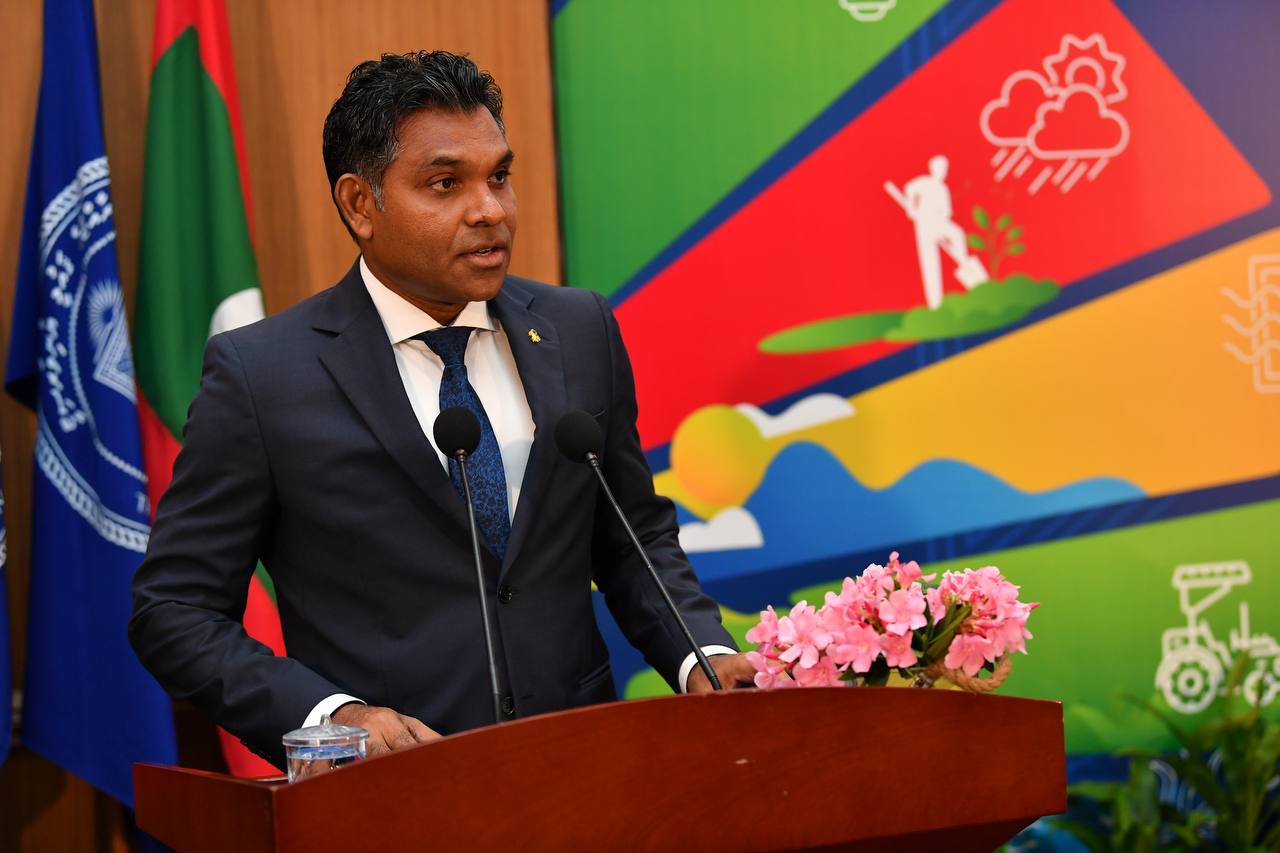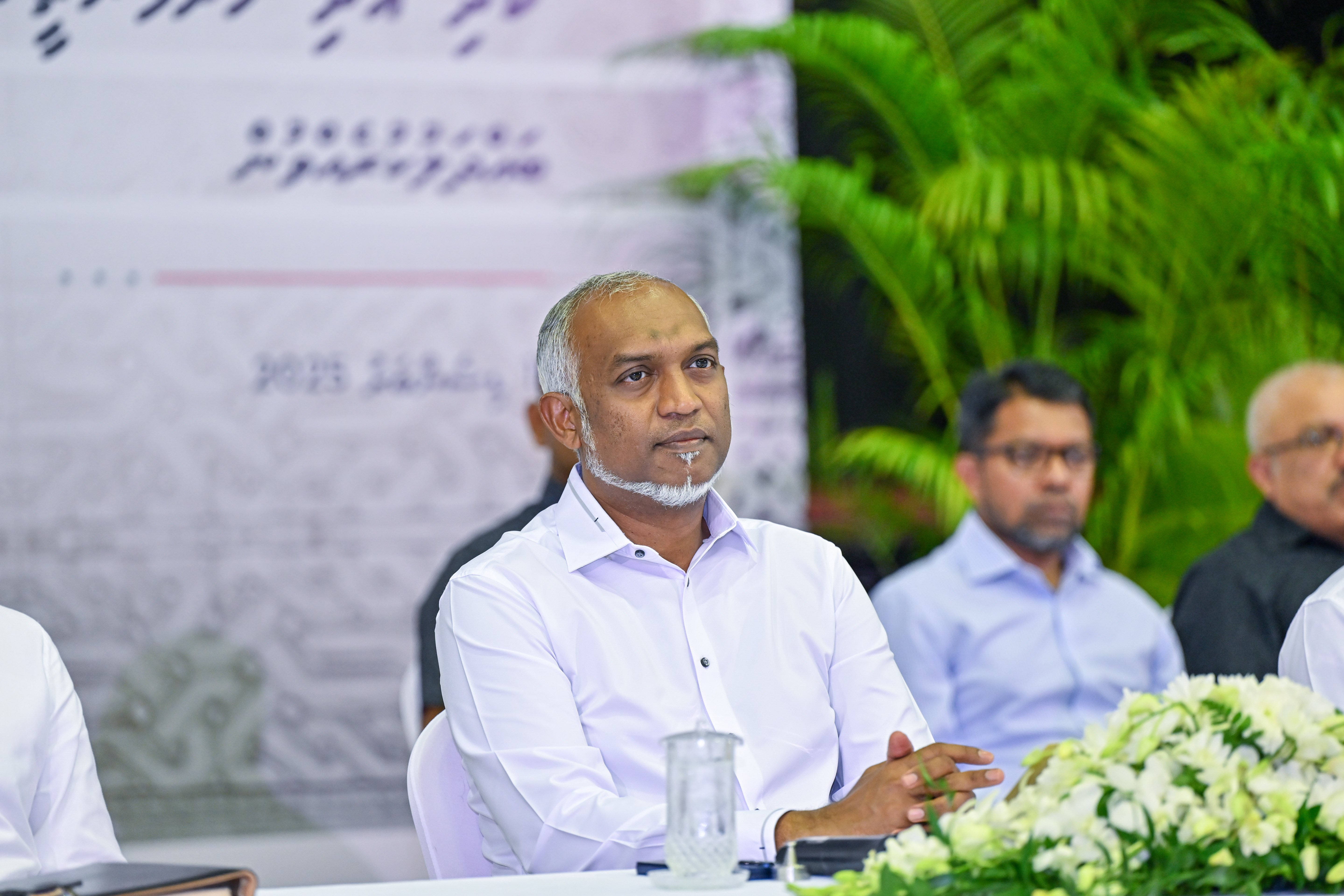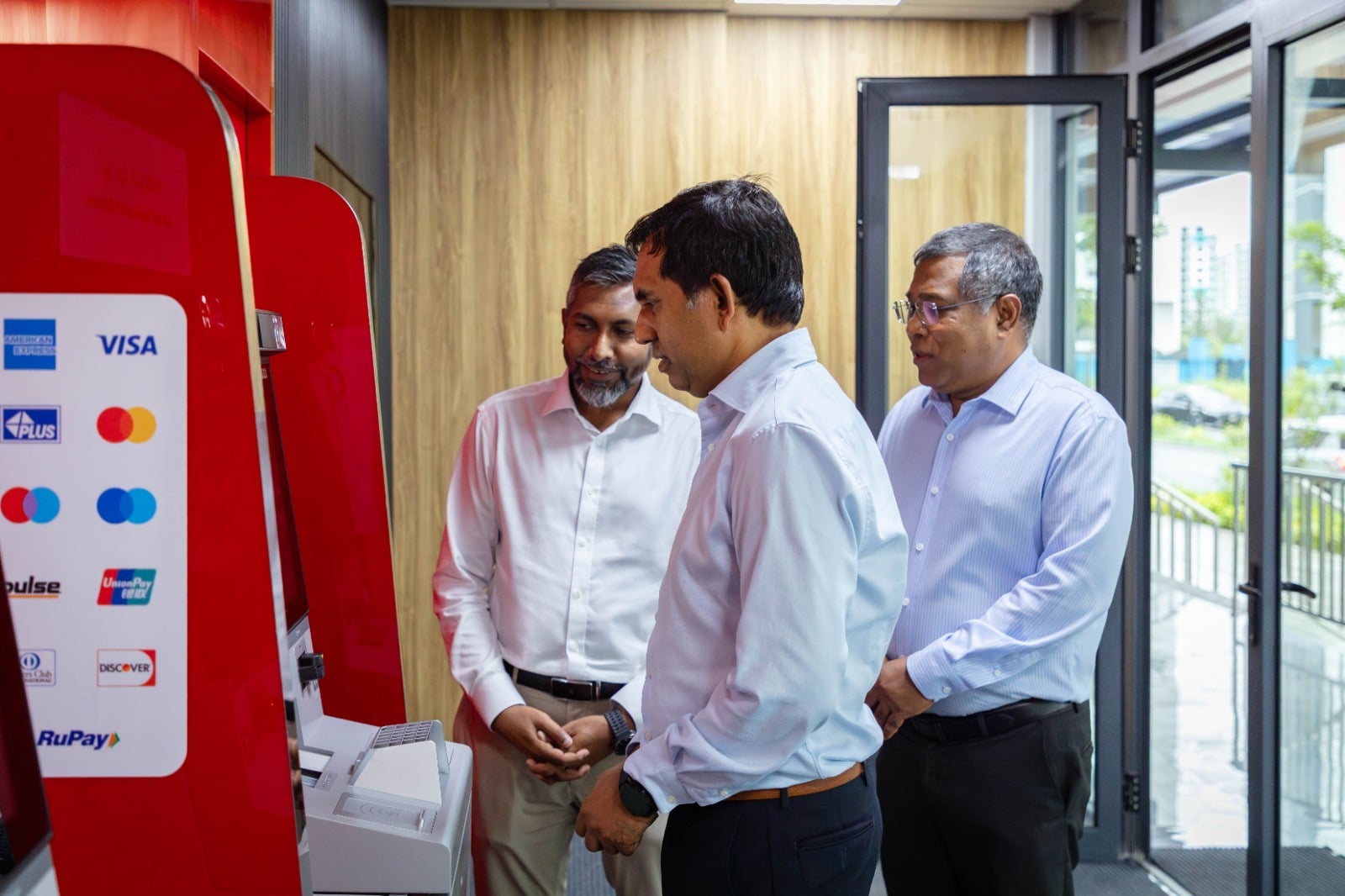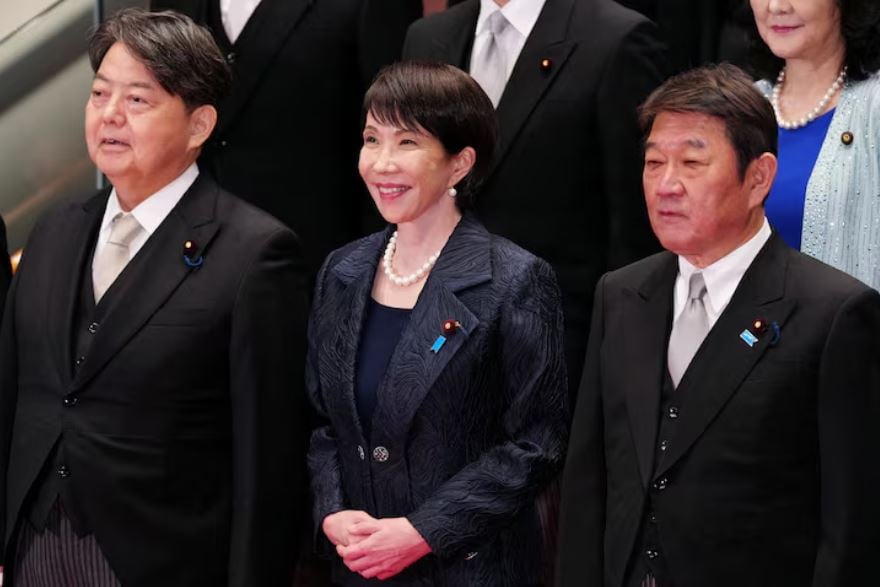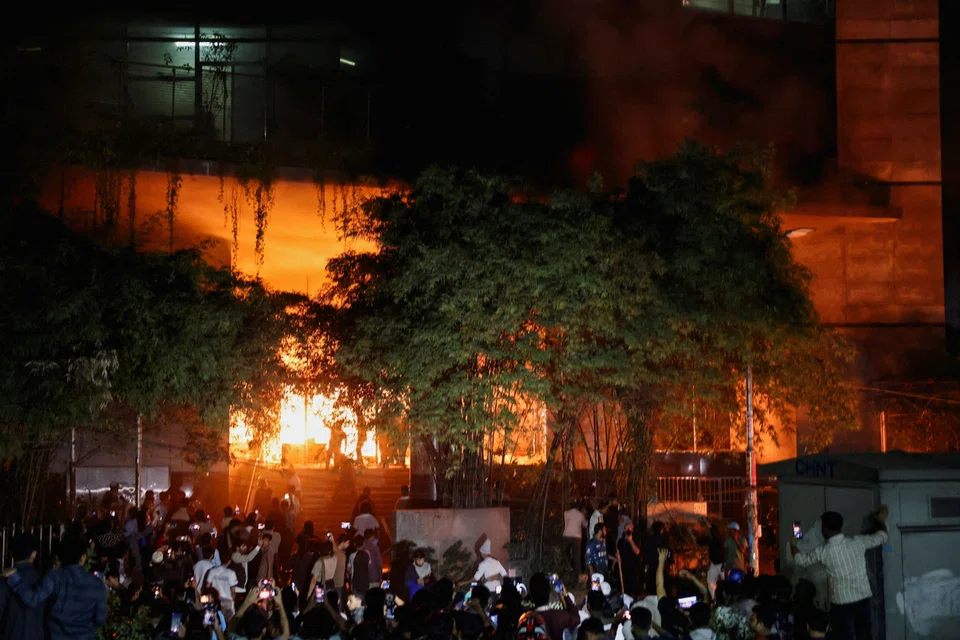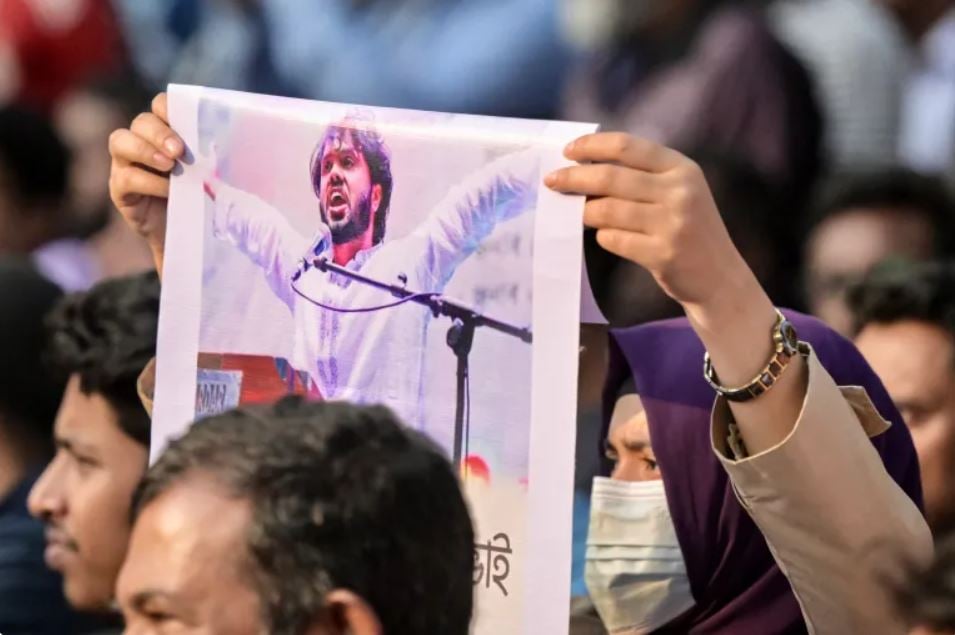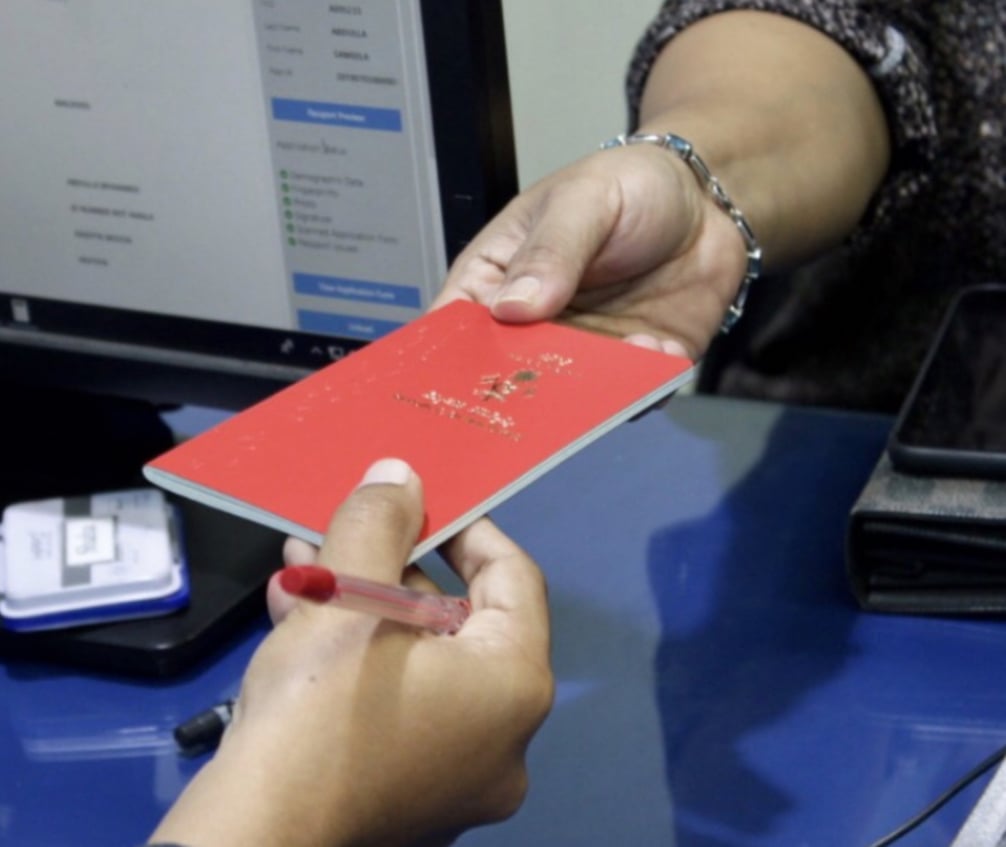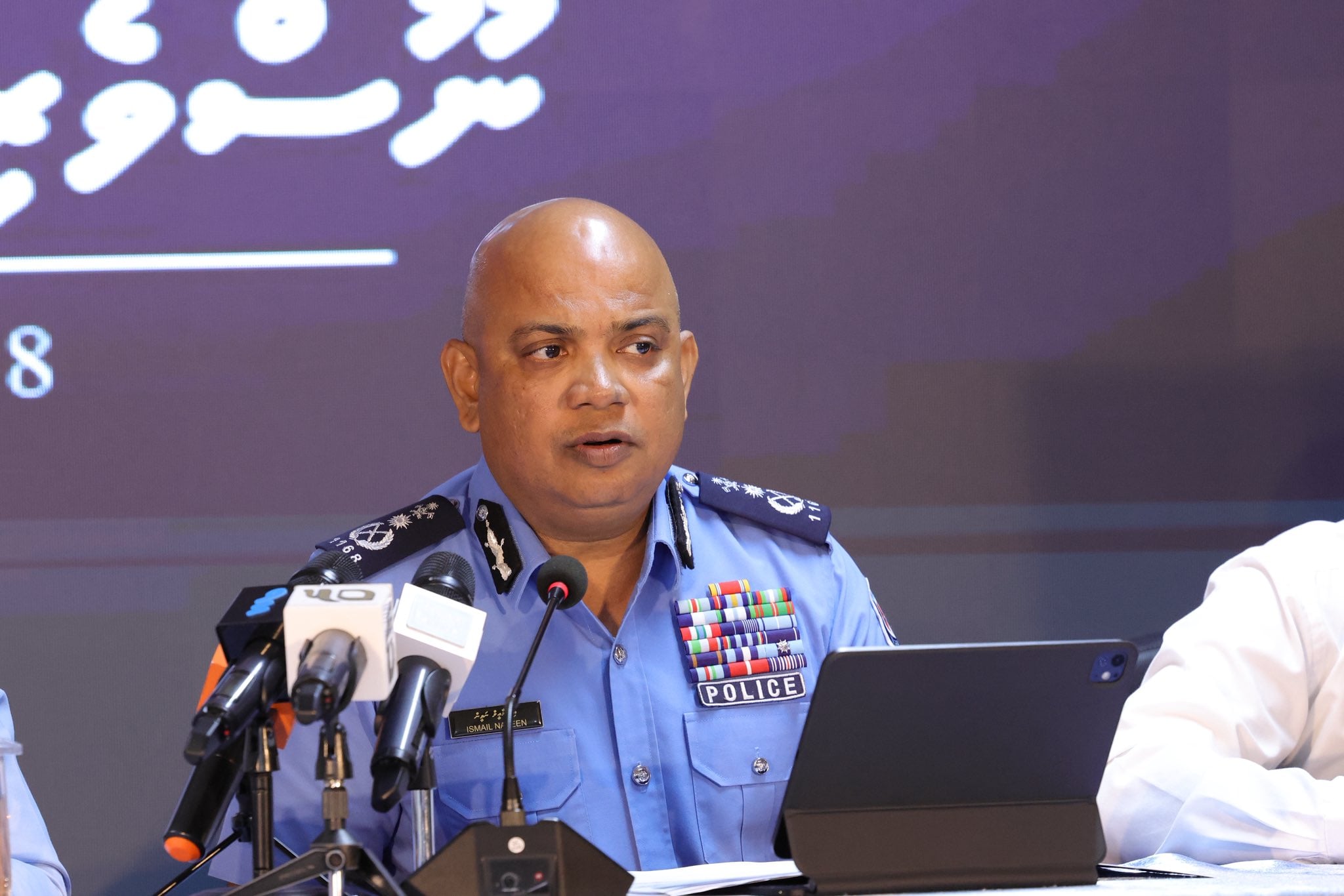Vice President Faisal Naseem reiterated on Monday the Maldives' commitment to addressing the global environmental agenda through the development of informed policies on nitrogen management in the Maldives.
He made the remarks while speaking at the inaugural ceremony of the "South Asian Nitrogen Hub" (SANH) meeting in the Maldives.
At the ceremony, the Vice President inaugurated the Massive Open Learning Introductory Course on Nitrogen and launched the Maldives' Country Report, which outlines the nitrogen status and management strategies.
Speaking at the ceremony, the Vice President emphasised the importance of holding the SANH regional meeting in the Maldives and its contribution to providing an academic and research-based perspective on the issues related to nitrogen management. He further commended the Maldives National University (MNU) for leading the programme in the Maldives in collaboration with the stakeholders.
The Vice President underscored the vulnerability of the Maldives due to climate change and stressed that the negative impacts on the environment had continuously threatened the country's economy, industries, businesses, and the health and well-being of the local community. He further stated that as we advance, it will be essential to specify nitrogen emission reduction targets in policy instruments and sectoral plans and to ensure the effective implementation of these plans in the endeavour for a healthier planet.
The Vice President also noted that, while the current population of two billion in the South Asia region is projected to double by 2050, so is the fertiliser input, and the region is also expected to have the highest nitrogen inputs in the world by that time. He also stressed the many challenges this would bring, including food security and environmental and developmental concerns.
The SANH meeting is attended by delegates from the United Kingdom (UK) and eight countries in South Asia: India, Pakistan, Bangladesh, Afghanistan, Nepal, Bhutan, Sri Lanka, and the Maldives.
He made the remarks while speaking at the inaugural ceremony of the "South Asian Nitrogen Hub" (SANH) meeting in the Maldives.
At the ceremony, the Vice President inaugurated the Massive Open Learning Introductory Course on Nitrogen and launched the Maldives' Country Report, which outlines the nitrogen status and management strategies.
Speaking at the ceremony, the Vice President emphasised the importance of holding the SANH regional meeting in the Maldives and its contribution to providing an academic and research-based perspective on the issues related to nitrogen management. He further commended the Maldives National University (MNU) for leading the programme in the Maldives in collaboration with the stakeholders.
The Vice President underscored the vulnerability of the Maldives due to climate change and stressed that the negative impacts on the environment had continuously threatened the country's economy, industries, businesses, and the health and well-being of the local community. He further stated that as we advance, it will be essential to specify nitrogen emission reduction targets in policy instruments and sectoral plans and to ensure the effective implementation of these plans in the endeavour for a healthier planet.
The Vice President also noted that, while the current population of two billion in the South Asia region is projected to double by 2050, so is the fertiliser input, and the region is also expected to have the highest nitrogen inputs in the world by that time. He also stressed the many challenges this would bring, including food security and environmental and developmental concerns.
The SANH meeting is attended by delegates from the United Kingdom (UK) and eight countries in South Asia: India, Pakistan, Bangladesh, Afghanistan, Nepal, Bhutan, Sri Lanka, and the Maldives.





